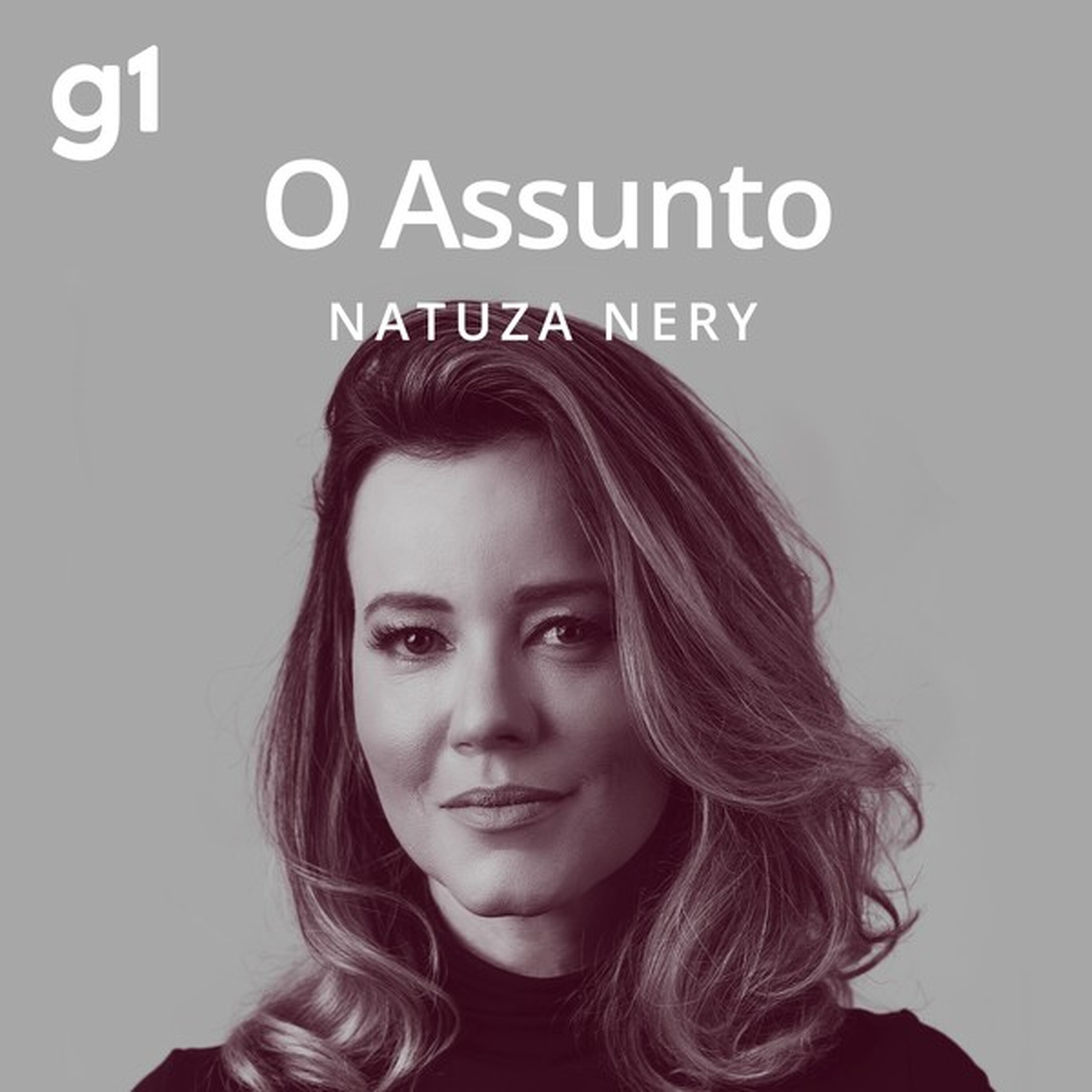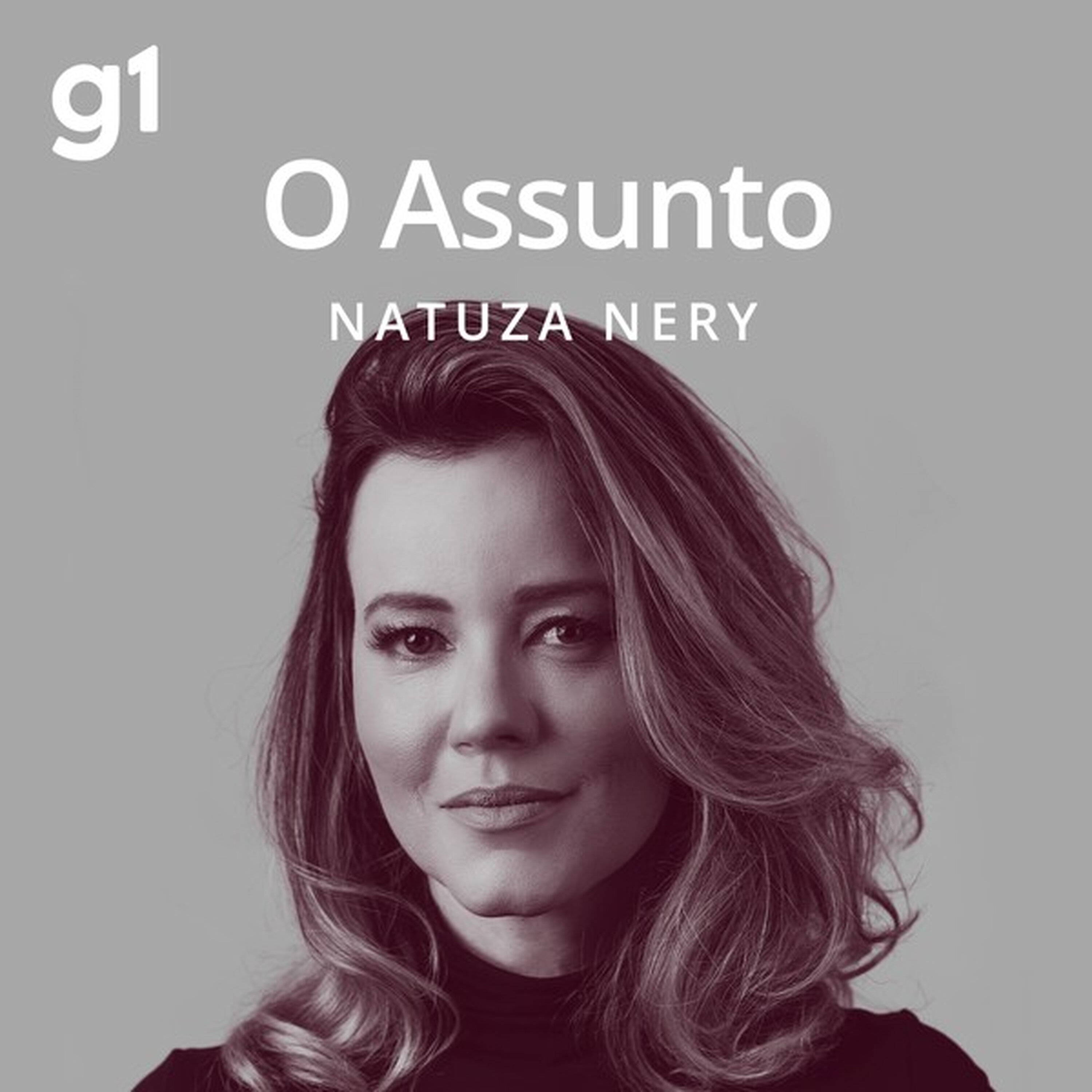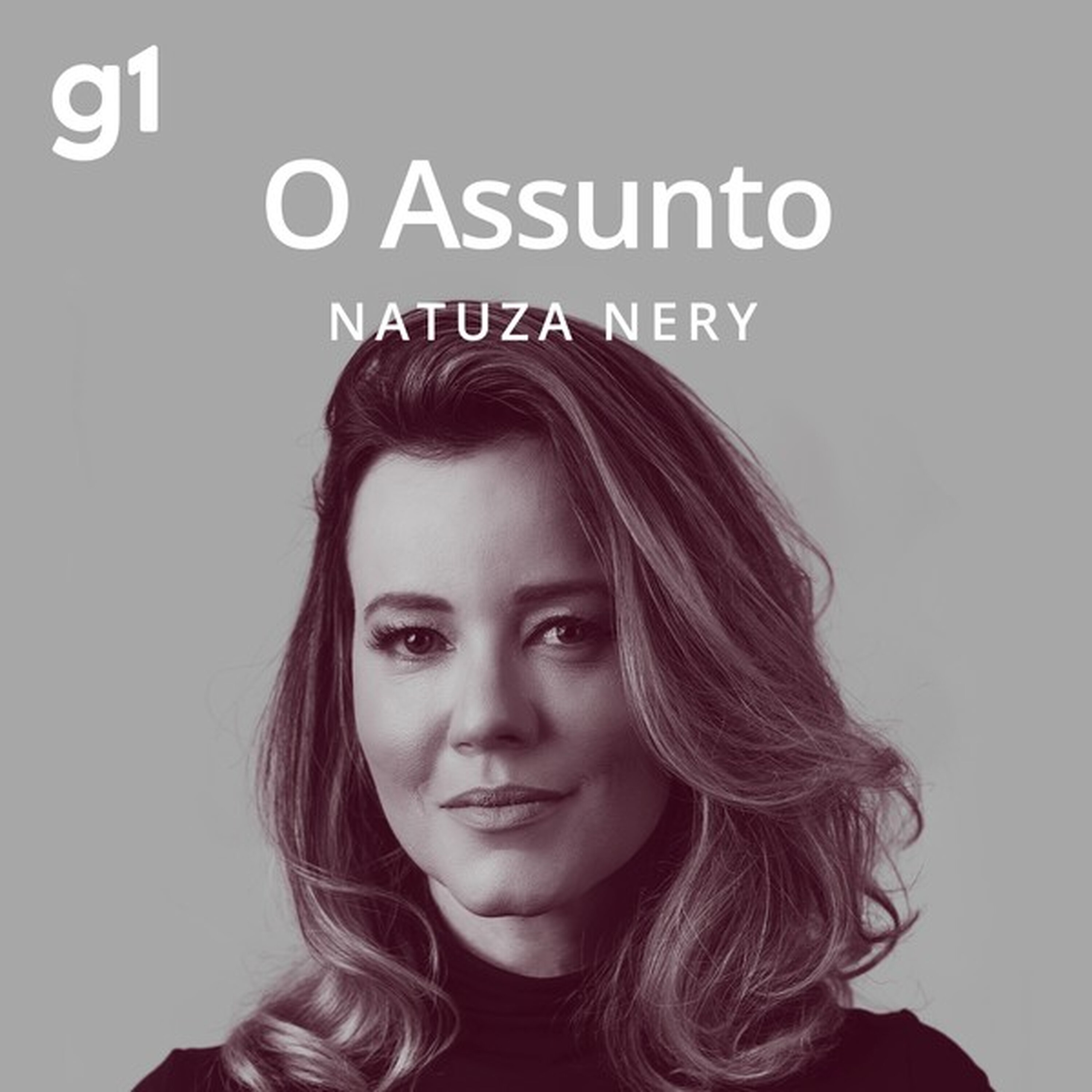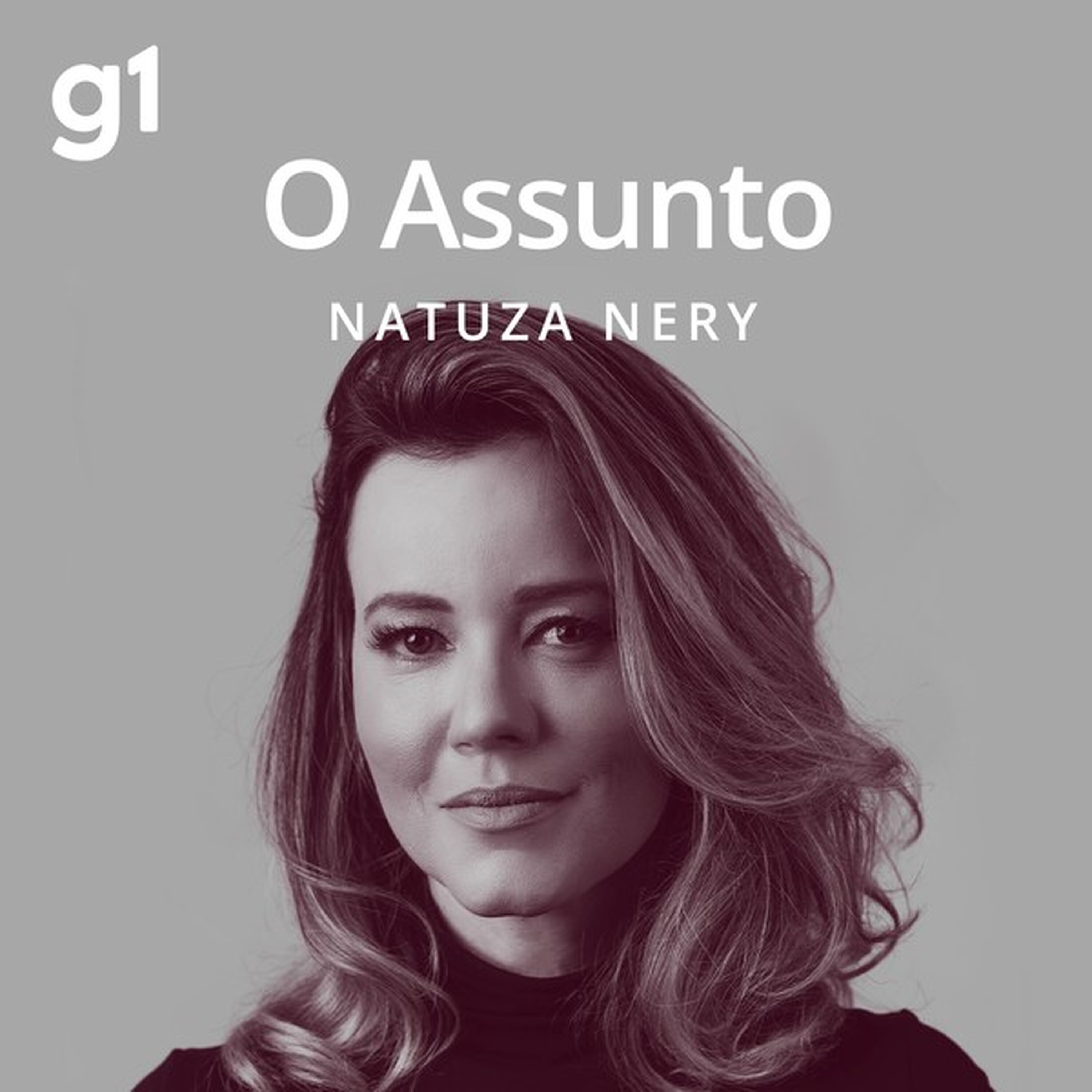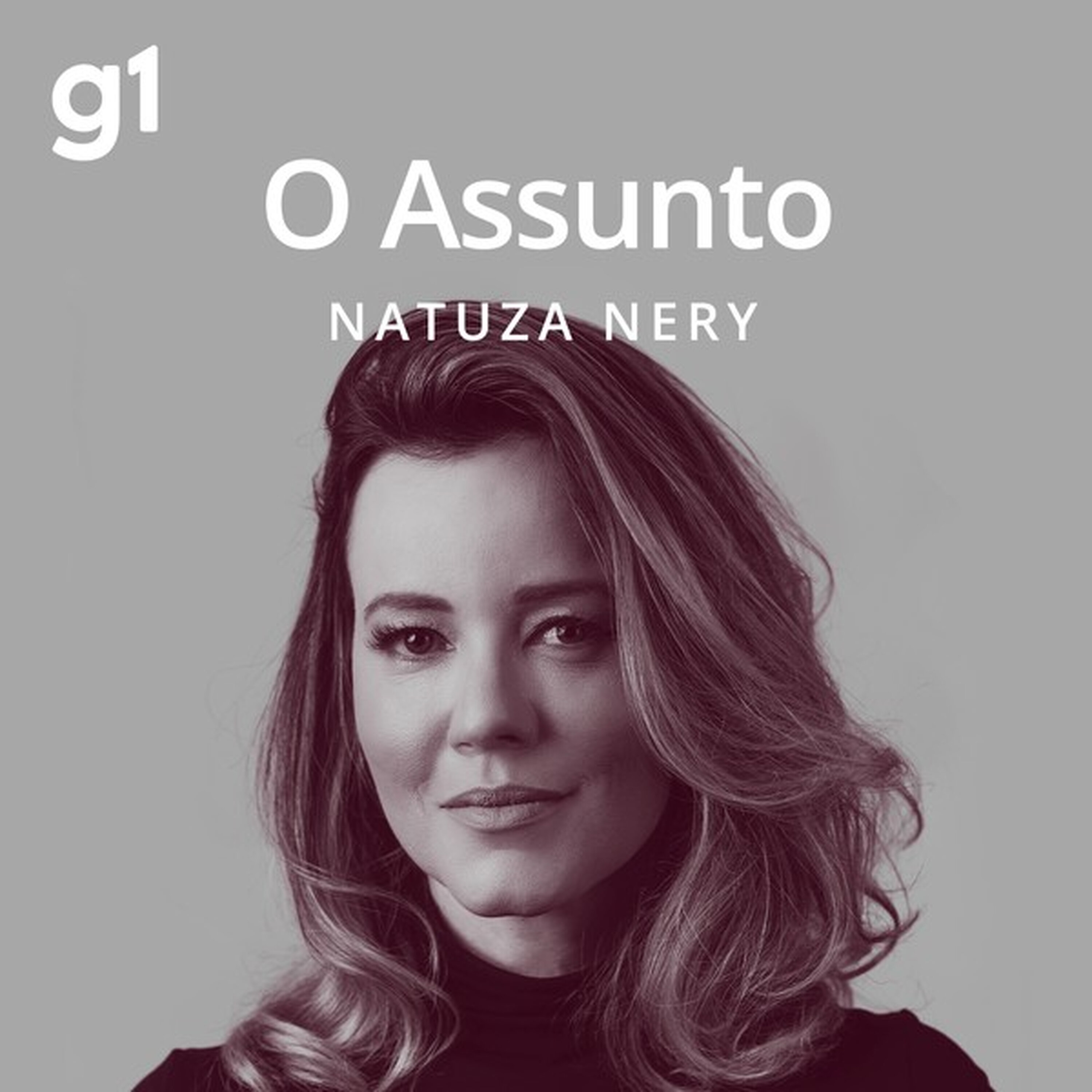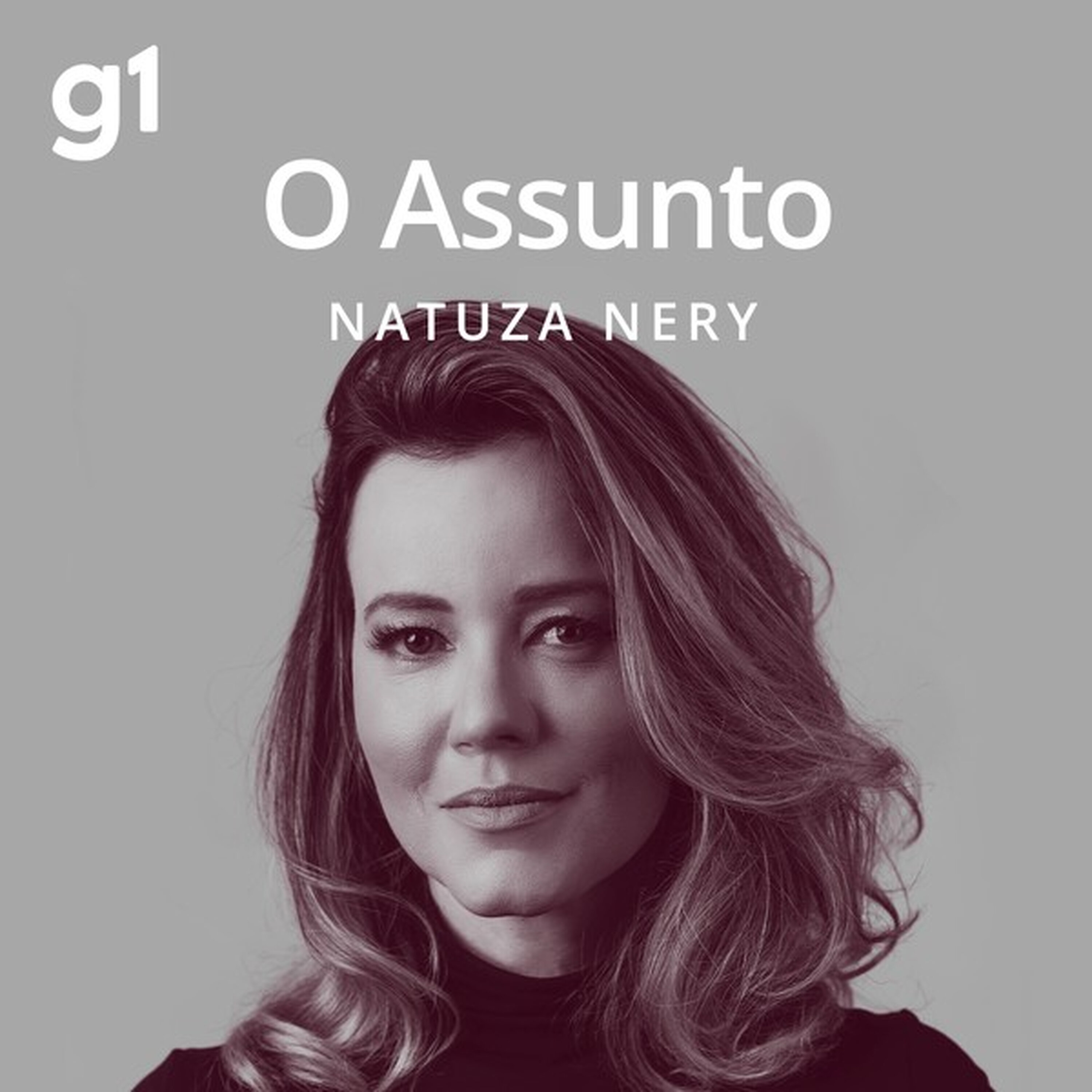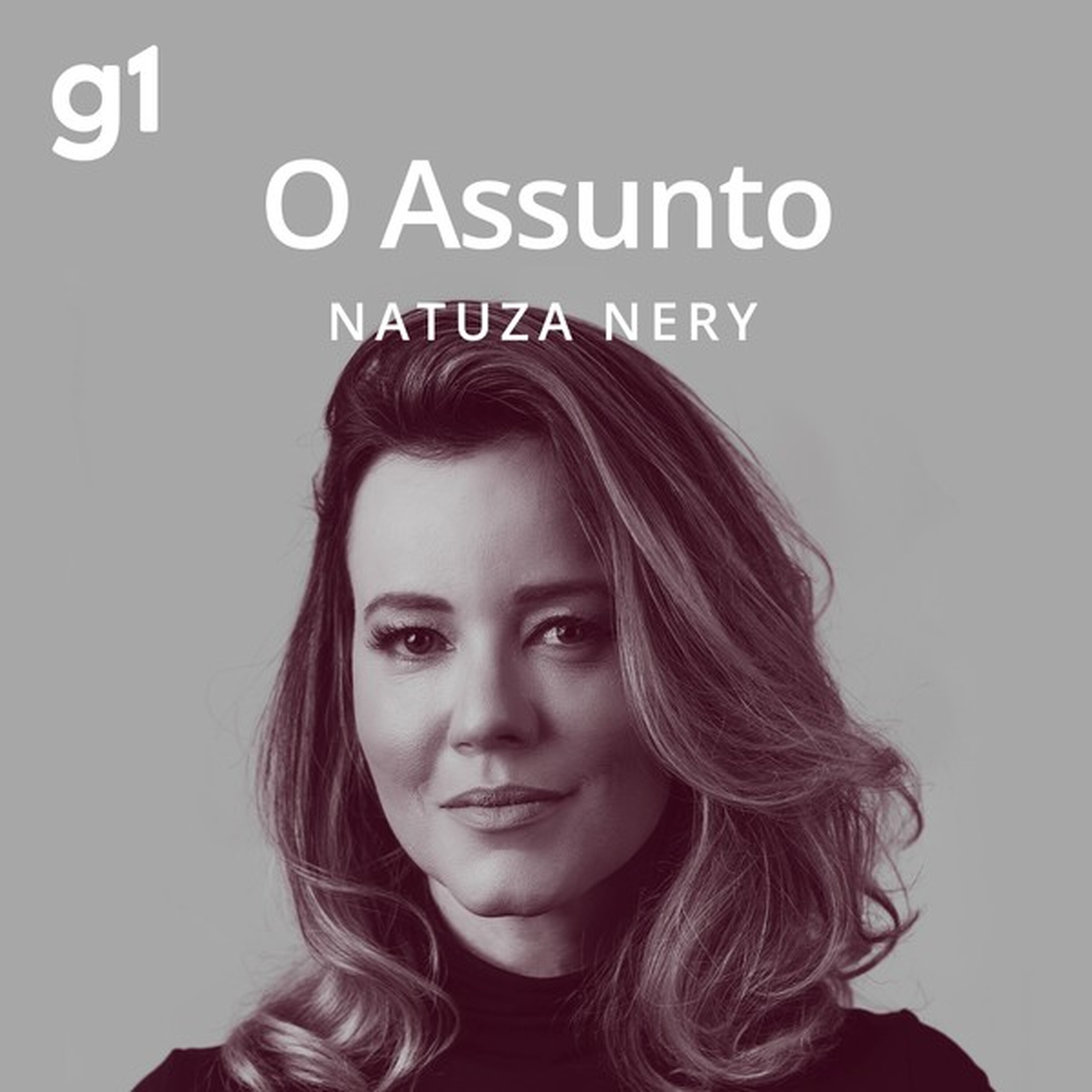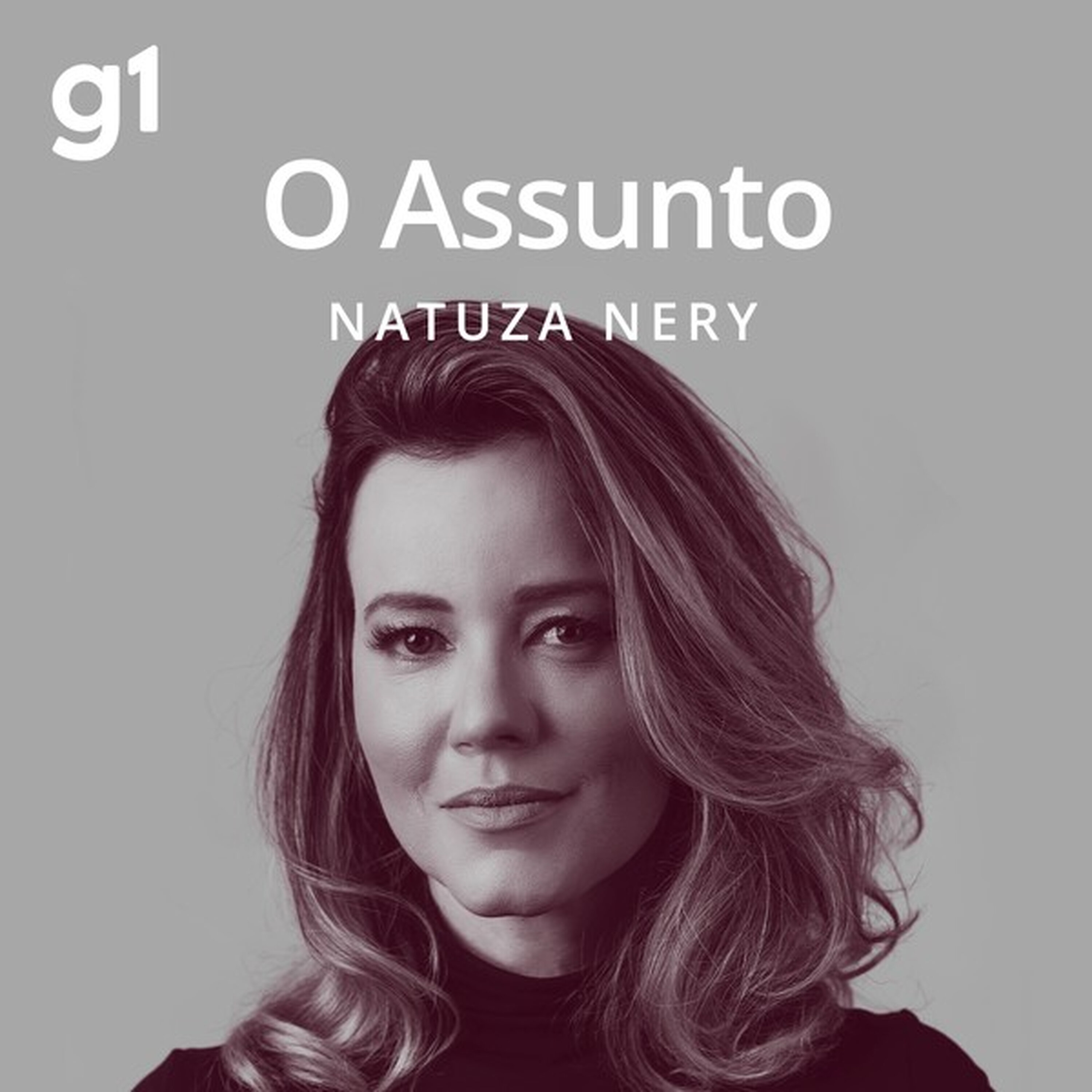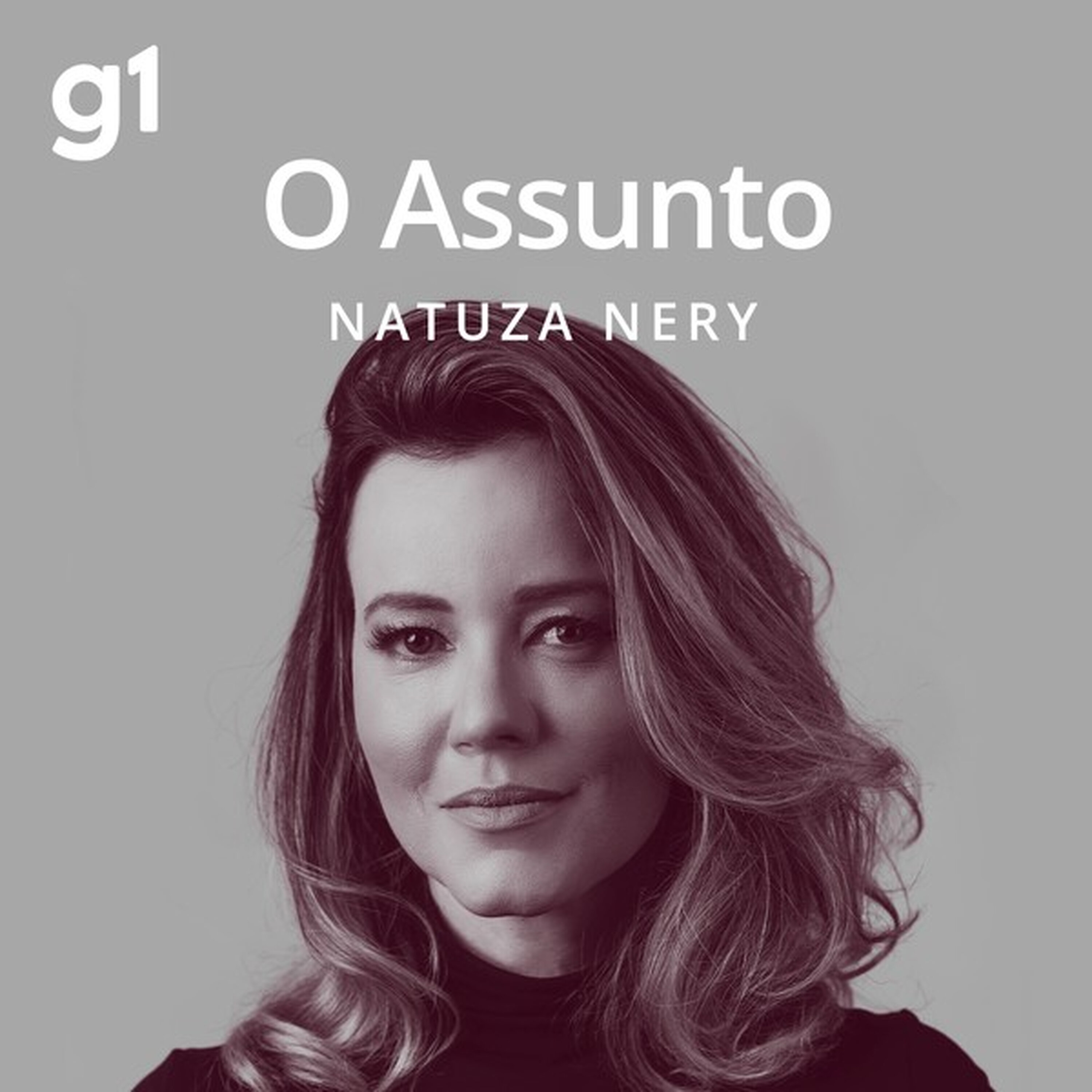Ajuda humanitária a Gaza e pressão sobre Israel.
After two and a half months, about 100 trucks with supplies arrived in the Gaza Strip this Tuesday (20). The unblocking of humanitarian aid was done on the same day that the European Union and the United Kingdom increased international pressure for Israel to allow aid to Gaza. For Israel, the blockades serve as a way to force Hamas to release the hostages who have been under the terrorist group's power since the attacks of October 7, 2023. The situation in Gaza is so critical that it led the UN to warn that 14,000 babies could die in 48 hours if aid did not arrive. After international pressure and the UN appeal, about 100 trucks with humanitarian aid entered the territory. "They are attacking us with hunger, with thirst," reports the Palestinian Assmaa Abo Eldijian in conversation with Natuza Nery in this episode. Born in the United Arab Emirates, Assmaa lived in Brazil from the age of 4 to 20. Living in Gaza since 2006, where she married and lives with her children, the Palestinian tells how it is to deal with the conflict that has lasted almost 600 days and has already left more than 50,000 dead. Natuza also speaks with João Koatz Miragaya, who speaks directly from Israel. Master in History from the University of Tel Aviv, Miragaya responds how the Israeli population sees the war against Hamas at this moment. He recalls how the blockade of humanitarian aid was one of Israel's first responses to the Hamas attack that killed more than 1,400 Israelis. And he concludes how the perception of the Israeli population about the war has changed since the last exchange of hostages, in February.
Original title: A ajuda humanitária a Gaza e a pressão sobre Israel
Original description: Depois de dois meses e meio, cerca de 100 caminhões com suprimentos chegaram à Faixa de Gaza nesta …


